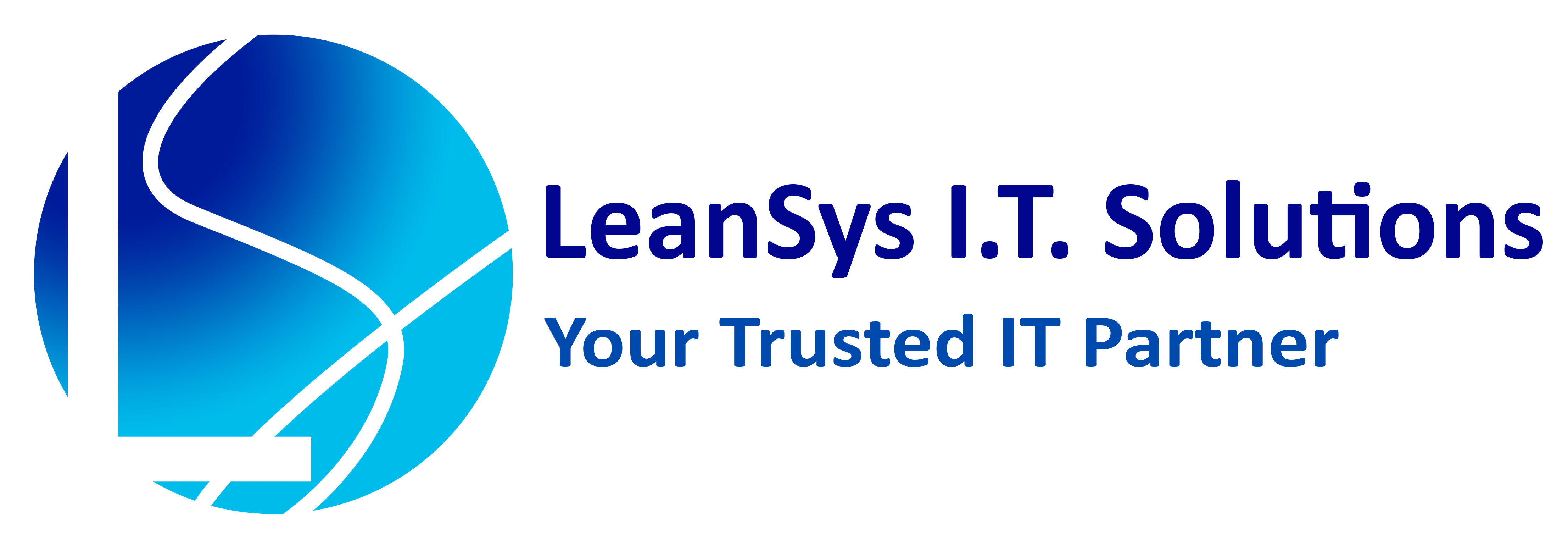
- Description
- Reviews
COURSE BRIEF
Course Name: Agile and Scrum
Duration: 2 Days
Delivery Method: Classroom / Virtual training
COURSE OVERVIEW
Offers comprehensive training on Agile and the Scrum Framework, with a strong focus on key roles, ceremonies, and deliverables. Toward the end of the session, participants will also receive an introduction to the Kanban process, allowing them to explore this alternative approach and understand when it may be beneficial.
COURSE OBJECTIVES
Employees will be empowered to collaborate within Agile Scrum teams, where they can embrace flexibility and iterative problem-solving through Scrum ceremonies like daily stand-ups, sprint planning, and retrospectives. This structured, yet adaptive, framework will help streamline workflows, enabling rapid response to changes and continuous improvement during the integration process. By prioritizing transparency, cross-functional collaboration, and incremental progress, teams will work more effectively, driving both productivity and innovation in alignment with integration goals.
TARGET AUDIENCE
Team Members in Agile Environments – Employees who are part of Scrum teams and need to understand the framework to collaborate effectively.
Project Managers and Product Owners – Professionals responsible for managing project scope, timelines, and resources within an agile setup, and who play a role in facilitating Scrum ceremonies.
Scrum Masters – New or aspiring Scrum Masters seeking to deepen their knowledge of Scrum practices, workflows, and team empowerment strategies.
Cross-Functional Team Leads – Leaders of departments (such as development, operations, QA, and UX) who work closely with Scrum teams and need insight into agile processes to foster collaboration.
Business Analysts and Stakeholders – Individuals involved in requirements gathering, stakeholder engagement, and project planning, who benefit from understanding Scrum’s iterative approach.
Change Managers – Professionals helping teams transition to agile ways of working or improve current agile practices within their organization.
COURSE OUTLINE
Module 1: Introduction to Agile and Scrum Principles
-Overview of Agile values and principles
-Understanding the Scrum framework and its benefits
-Roles and responsibilities within Scrum teams
Module 2: Scrum Ceremonies and Iterative Problem-Solving
-Daily Stand-Ups: Enhancing team communication and transparency
-Sprint Planning: Defining goals and aligning team efforts
-Retrospectives: Driving continuous improvement and learning
Module 3: Embracing Flexibility in Scrum Teams
-Adapting to change through iterative cycles
-Encouraging flexible and adaptive thinking
-Managing priorities and responding to shifting requirements
Module 4: Cross-Functional Collaboration and Transparency
-Building collaboration within and across teams
-Strategies for fostering transparency and open communication
-Tools and techniques for effective collaboration
Module 5: Streamlining Workflows for Efficiency
-Techniques to streamline processes within Scrum
-Identifying and removing workflow bottlenecks
-Ensuring alignment with integration goals for better outcomes
Module 6: Driving Productivity and Innovation through Scrum
-Leveraging Scrum for higher productivity and creative problem-solving
-Fostering a culture of incremental progress and innovation
-Aligning Scrum practices with organizational objectives during integration
Module 7: Practical Application and Case Studies
-Real-world scenarios and case studies
Interactive exercises to apply Scrum principles
-Group discussion on best practices and lessons learned
Wrap-Up and Next Steps
-Reviewing key takeaways and resources for further learning
-Planning for continued Scrum application within teams
